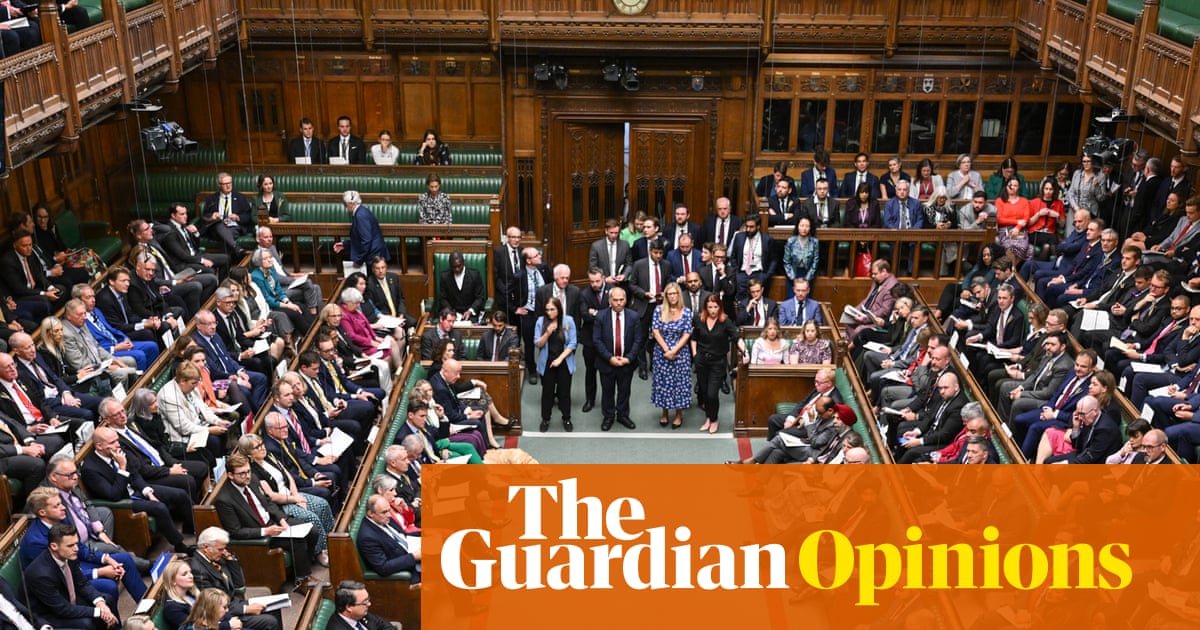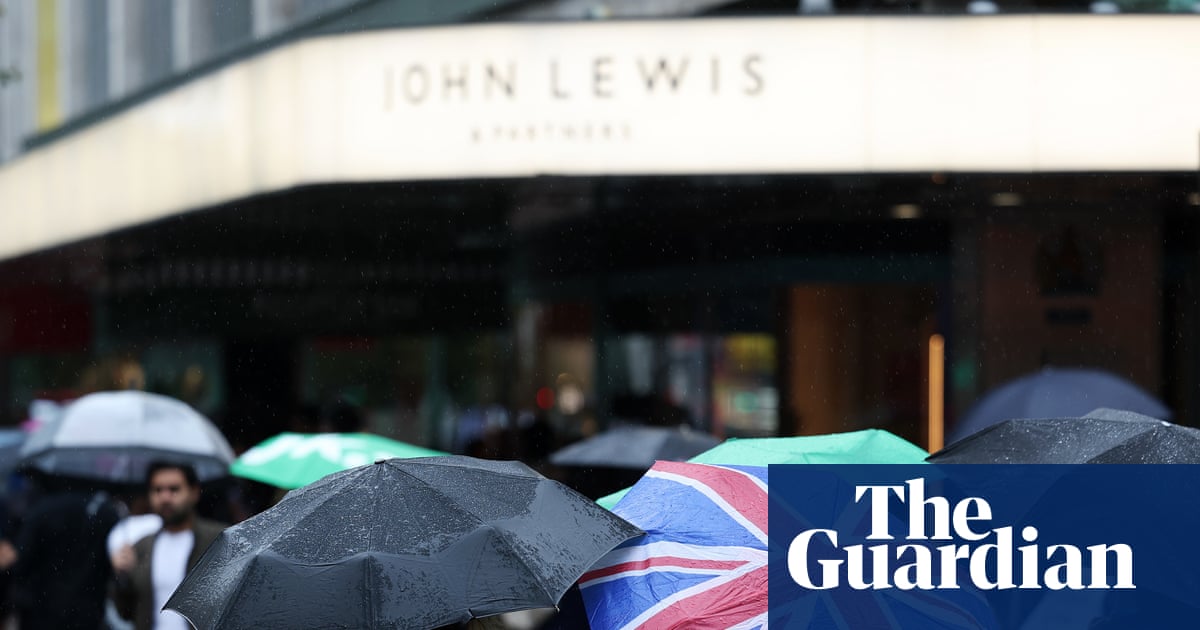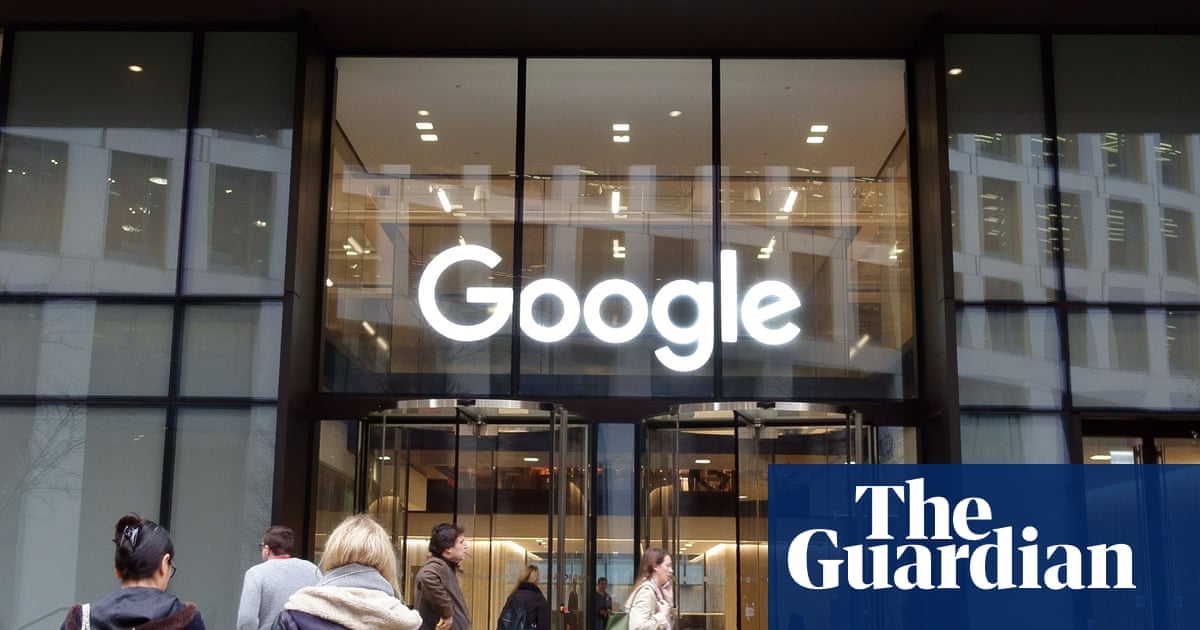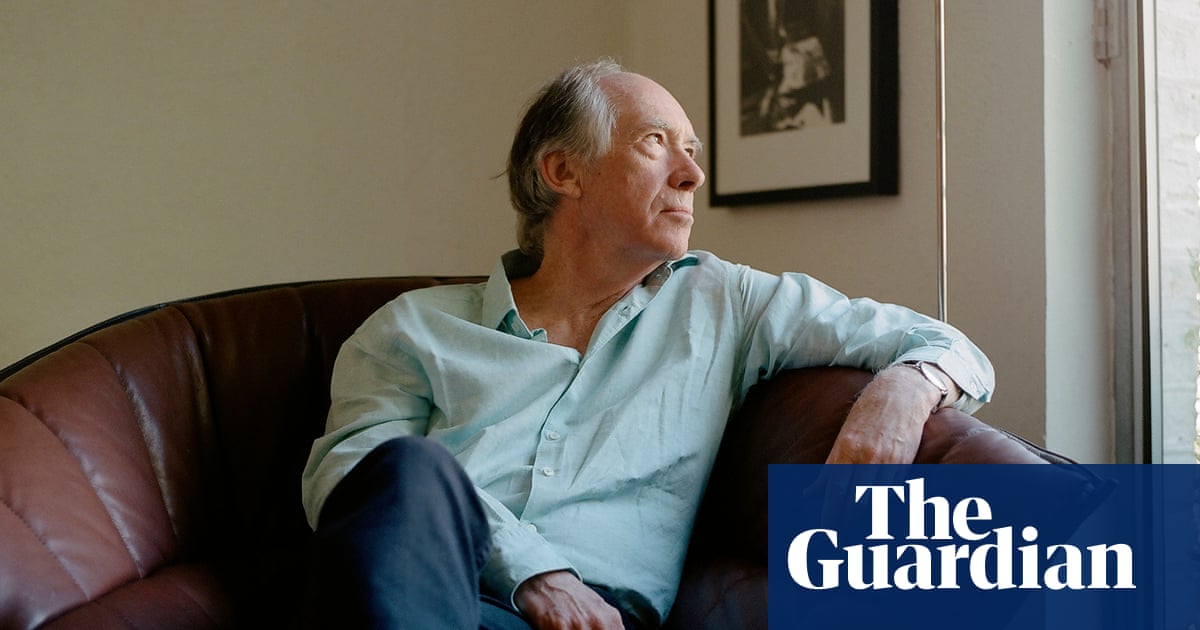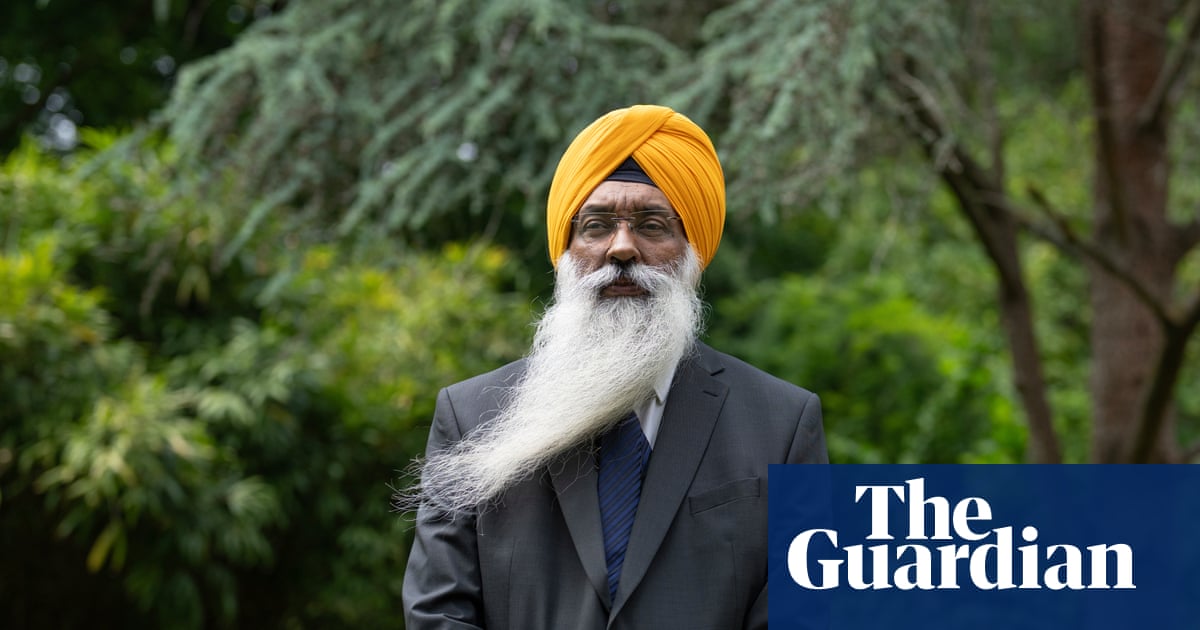Rachel Reeves will not be sacked, because she is unsackable. The ever-hysterical bond markets just confirmed that by spinning out of control over her tears, then restoring previous rates as soon as Keir Starmer’s serial interviews confirmed heartfelt support after she was seen to be crying during PMQs. Quite right. Joined at the hip, her tough fiscal policy is his. History shows that prime ministers rarely last after sacking their chancellors.
The question for both, and all of Labour, is: what next? Every management guru and motivational speaker will tell you that mistakes don’t matter – the key to success is what you learn and how adroitly you change. Labour has four long years ahead and, most important of all, a stonking great majority. They are the masters so long as they don’t frighten the bond markets that ejected Liz Truss and forced Donald Trump’s handbrake tariff U-turn.
A change of direction is forced on Starmer and Reeves by circumstances mostly not of their making. Every month that passes reconfirms their dire inheritance and the harsh global economic climate. The Bank of England, wrong so often, delays rate cuts and unwinds quantitative easing at a damagingly faster rate than other central banks, harming public finances, as my colleague Randeep Ramesh pointed out.
Everyone knows tax rises are inevitable in the October budget: £6bn lost because of U-turns on disability benefits and winter fuel allowance is only a trivial rounding error in about £1.3tn of spending. How will they do it?
Let’s hope the government has learned that fiddling with tiny tax rises causes maximum outrage for minimum gain. It’s dead right to challenge such things as farmers and family businesses escaping inheritance tax, or the well-off getting winter fuel allowances that might be used, according to the Spectator, for buying the best possible bottle of wine. But confronting older people, disabled people, farmers and small business lobbies with no overarching explanation was political suicide. The only tax rise commanding wide public support is removing VAT relief from private schools to spend on state schools (though you would never guess it from Tory press outrage).
Minor taxes have gigantic coverage and wide public awareness, while big spending in tens of billions passes people by, a one-day announcement vanishing into the political ether. Bad comms, some Labour people grumble. Maybe so – but the real lack of messaging comes from the top. Yes, we know about the “non-negotiable” iron straitjacket and other mean, tough things, but we hear a lot less about purpose, hope, what George HW Bush dismissed sneerily as “the vision thing” (he was a one-term president). Yet you can detect Labour’s priorities when it actually spends taxpayers’ money on the good stuff.
It’s time to remind citizens that their taxes go to things everyone values most – a strong NHS, good schools, safe streets, green energy, public places and parks to be proud of, and, of course, defence. The things that really matter can only be bought through taxation. Let’s hear that speech a hundred times from every minister; taxes will rise anyway, so get on the front foot and remind people that taxes are not a “burden”, but the price of civilisation. Britain has paid too little for too long compared with similar countries, and it shows in comparatively worse growth and services. Tell people we are not a high-tax country at all.
Bad politics would be trying to sneak through tax rises unexplained, something that would be bound to fail. The Sunak-Hunt government lied through its teeth, promised things it never funded, pencilled in imaginary spending cuts for the future and introduced the unaffordable 4p national insurance cuts bribe that never paid off.
Labour has no choice but honesty, after suffering the biggest dip in popularity of any newly elected UK government in 40 years. YouGov finds the greatest reason for defection is “broken promises or not delivering”. Here’s the irony: keeping its tax promises is its greatest risk for non-delivery. But for the best examination of how well or badly Labour’s first year has really gone, look at Full Fact’s thorough analysis of 62 manifesto pledges. I expected gloom, but was surprised at how relatively positive this diagnosis was. Most of Labour’s best outcomes will take years, such as building homes and huge sustainable energy projects. An impatient public may not wait, but the emphasis on long-term investment, green energy, housing, transport and defence is a brave endeavour.
A blizzard of policies is emerging from months of reviews. Angela Rayner’s announcement this week that her £39bn social and affordable homes programme would have at least 60% for social rent, was widely welcomed. Employment policy now relies, as it always should have done, on encouraging support from newly trained work coaches, not punishing benefit cuts, as did Labour’s successful 1997 New Deal.
Thursday saw the 10-year NHS plan, with its emphasis on prioritising community over hospital treatment, prevention before sickness, and the white heat of IT technology to drag the NHS into the 21st century. I spent time last week with Wes Streeting, when he spoke of gross health inequality in Blackpool, England’s worst area for poverty and sickness, before visiting Whitegate health centre in the town, the kind of specialist health centre every neighbourhood needs. More of these are needed in hard-pressed places. But poverty is not for the NHS to solve. The child poverty taskforce led by Liz Kendall and Bridget Phillipson has to restore faith in Labour’s prime purpose to give all children fair life chances.
It so happens that Starmer’s first year in power on Saturday falls exactly on the 80th anniversary of Clement Attlee’s election in 1945. Times were far harder, debt far higher, but look what can be done, driving on regardless.
-
Polly Toynbee is a Guardian columnist
-
Do you have an opinion on the issues raised in this article? If you would like to submit a response of up to 300 words by email to be considered for publication in our letters section, please click here.

.png) 2 months ago
21
2 months ago
21



